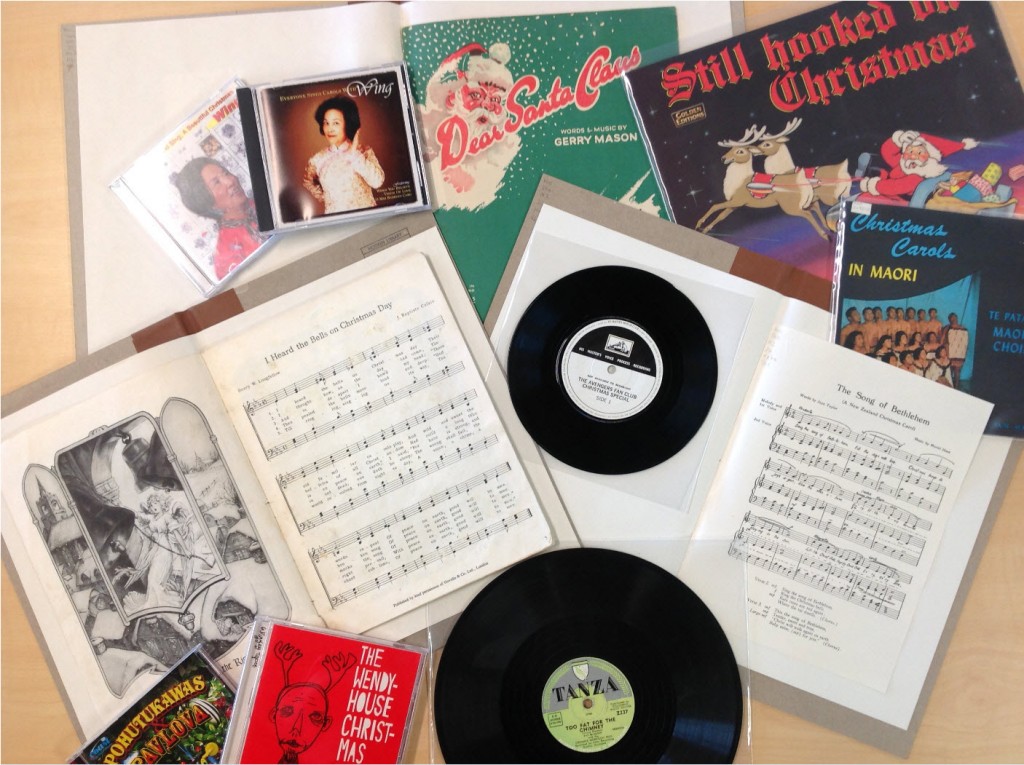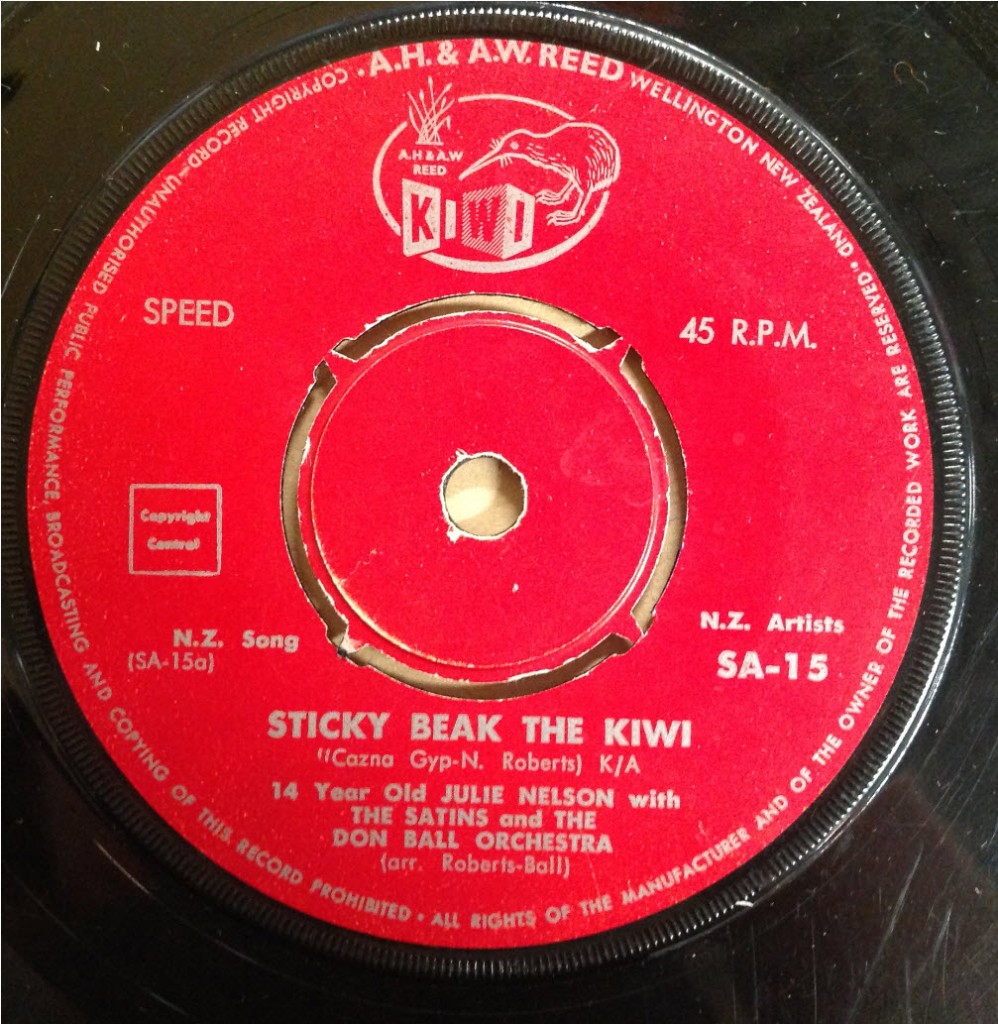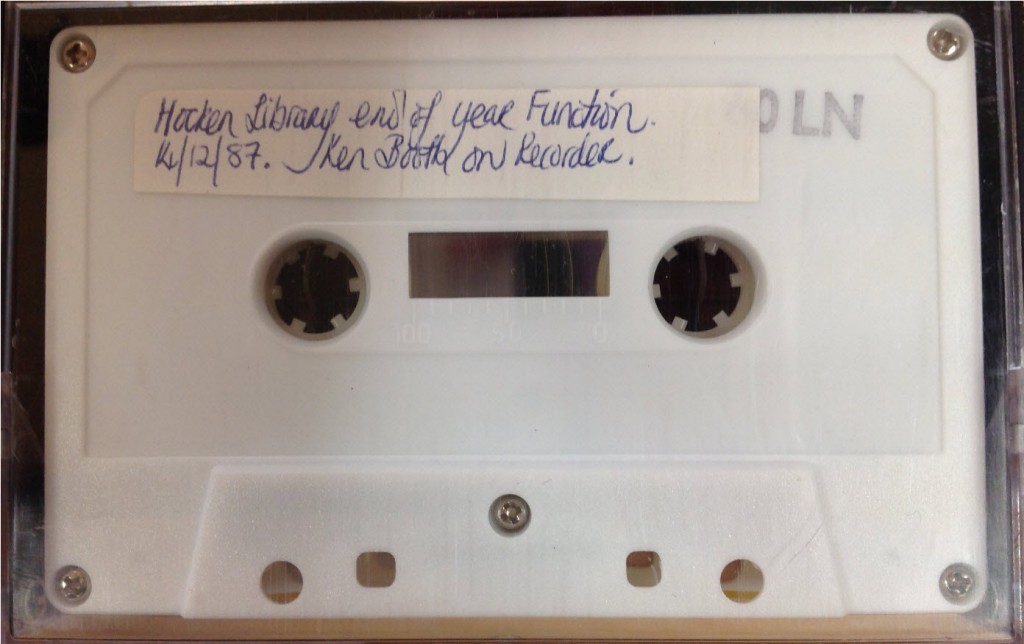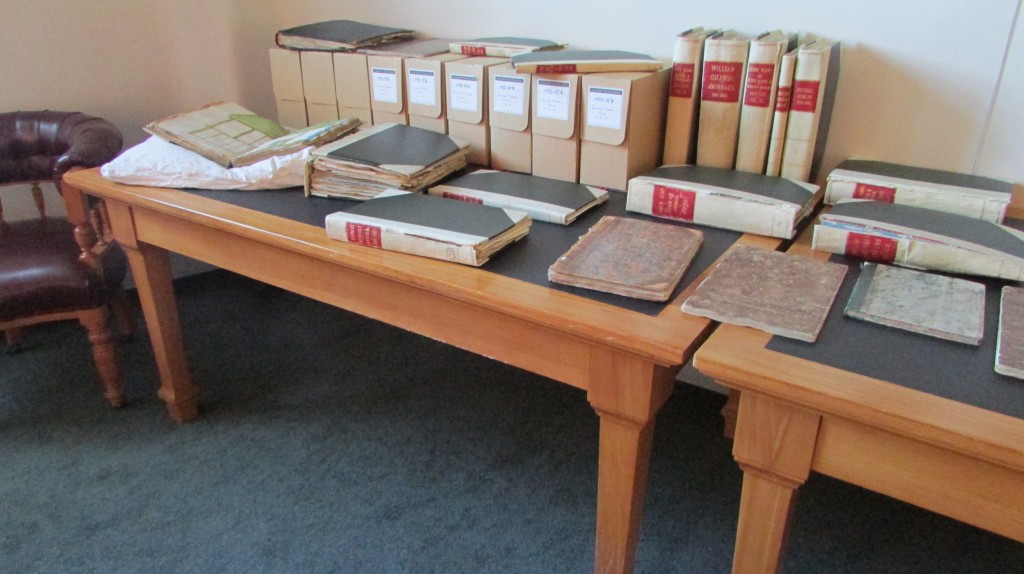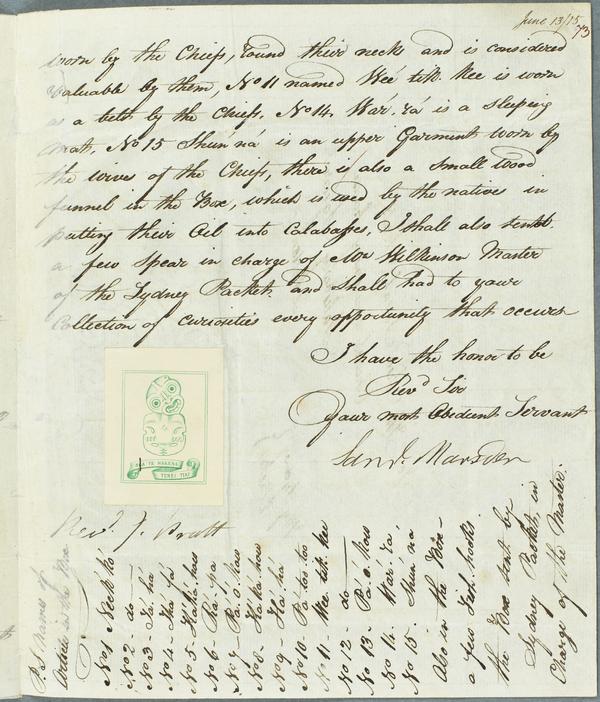Post prepared by Amanda Mills, Liaison Librarian – AV and Music
Have you ever heard of the New Zealand Christmas classic “I want a Hippopotamus for Christmas” by Pat McMinn and the Combie Murdoch Trio? No? How about Pixie Williams singing “Best Wishes”? These are only two of the many New Zealand Christmas classic tracks waiting in the Hocken stacks to be rediscovered. The recorded Christmas music that the Hocken has dates from the late 1940s with the Pixie Williams disc, though the 1960s to the 1980s featured many recordings popular at the time, but now faded into obscurity. These include
- Chic Littlewood’s “Let’s make everyday Christmas”
- The Dallas Four’s “White Christmas”
- Hauraki Good Guys with Salty Dog “Please daddy, don’t get drunk this Christmas”
- Various Artists Still hooked on Christmas
However, many recordings have remained in the public consciousness, with arguably the most well-known being Kingi Ihaka’s “Pukeko in a ponga tree”. Along with Billy T. James’ “When a child is born”, Julie Nelson and The Don Ball Orchestra’s “Sticky Beak the kiwi” is still incredibly popular. “Sticky Beak the kiwi” was written specifically by Gisbourne-based folk singer Bob Edwards and lyricist Neil Roberts for children in 1961. 14-year old Julie Nelson sang the song, backed by the Whanganui dance band, the Don Ball Orchestra. The song became a hit.
Well known bands like the Avengers in the 1960s, and Split Enz in the 1980s, recorded Christmas messages for their fan clubs, in a similar vein to the Christmas fan club recordings released by The Beatles. Billy T. James released “A Maori Christmas” for Radio Hauraki, while Fred Dagg released the infamous short track “Star of wonder”. These tracks were among the local songs gathered together in the 2012 Christmas-themed CD Pohutakawas & pavlova.
Along with Wing’s two albums of Christmas music (Everyone sing carols with Wing, and Carols, rap and sing: A beautiful Christmas), another Christmas-themed holding we have is Wendyhouse’s The Wendyhouse Christmas album, which has alternative (and often subversive) Christmas tracks such as “Teddy’s anger”, and “Here comes the family”.
Our sheet music holdings have some interesting items too – “The song of Bethlehem (A New Zealand Christmas carol)” from 1942 by Muriel Hunt and Joye Taylor is a short piece that centres on the seasonal features of the New Zealand Christmas. “Dear Santa Claus” in contrast (written in the UK in 1948 by Gerry Mason, and published locally by Beggs), is more traditional in theme, focussing on a child’s letter asking Santa Claus to not forget him.
Finally, one very interesting holding we have is particularly close to the Hocken Collections: the Hocken end of year function from 1987, featuring the recorder skills of Ken Booth. This cassette is definitely one for the digitisation list!


